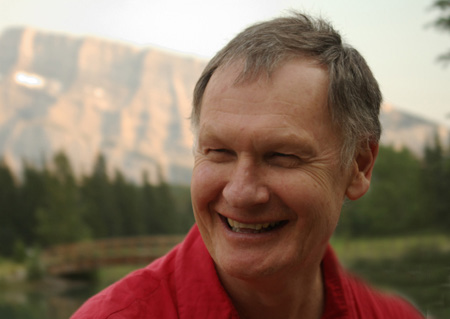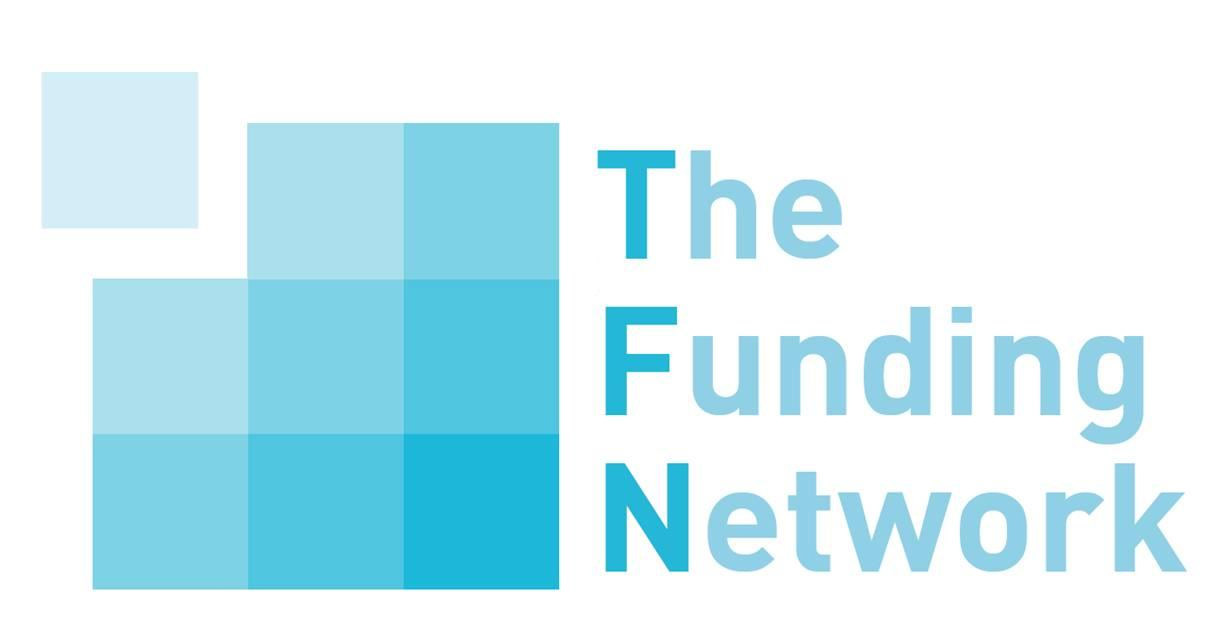



Frederick Mulder doesn’t understand why people aren’t more willing to be vocal about their charitable activities. For this Canadian-born art expert, the idea that giving should be done privately and without publicity has become antiquated. As a lifetime giver, Mulder is now putting his mouth where his money is.
As a young boy growing up in the Midwestern Canadian province of Saskatchewan, Fred Mulder was taught that tithing—the act of giving a portion of one’s income to the church—was normal and commendable. While education may have led him away from organized religion, his commitment to giving hasn’t wavered.
An early experience as a donor directed Mulder toward the benefits of collaborative giving. “I had a sense of being taken advantage of after a charity that I donated to went bankrupt,” he said. “They hadn’t told me that they were in any kind of financial difficulty and it occurred to me that it wouldn’t have happened if I had a peer group to check things out with...doing the kind of due diligence that you must do.”
That incident led the internationally recognized art dealer, who lives in London, to form two organizations that follow a crowd funding model: The Network for Social Change, the first giving circle of its kind in the UK, and The Funding Network, now a global organization he describes as “the friendly Dragons’ Den”—a version of the popular reality show where visitors pitch their business ideas to a forum of investors—“for charities and potential donors.”
If Mulder’s approach to crowd funding has a calling card, it is its emphasis on live collaboration in place of online anonymity. “I don’t find it interesting or inspirational to give online,” he admits. “I love to hear from the people who are doing the work and meet them. I wish more people were setting up structures like mine, or one of their own imagining. There is still a ways to go.”
Although he supports many social causes, he stresses his primary attachment is to people. For Mulder, social giving is not only about leveraging money, it’s about creativity and entrepreneurship. “It’s like sitting on a teeter-totter,” he muses. “You need to put effort into finding a ‘heavy’ to tip the balance on the other side.”
His artful approach is now a signature. After a Greenpeace ship, the Rainbow Warrior, was sunk in Auckland Harbor in 1985, he suggested using front-page advertising to attract new members. He took the risk of underwriting the campaign and was thrilled with its success. “It gave me a kick that an ordinary member of the public with £10,000 could take a risk on behalf of a charity, and that it worked out!” On another occasion, he became the news himself when he announced that most of the proceeds from his sale of Picasso’s 1935 etching, La Minotauromachie, would be donated to charity.

Mulder is in philanthropy for the long haul. In his role as global ambassador for The Funding Network, he continues to support the platform as it becomes more established around the world. Closer to home, he endowed his own Frederick Mulder Charitable Trust with £5 million in 2012 to be allocated to charities over the following 10 years. That his three children are trustees offers new challenges for the veteran philanthropist. “They’re quite tough on me actually—asking a lot of awkward questions. But it’s great. We are four busy people leading very different kinds of lives but linking over similar issues.”